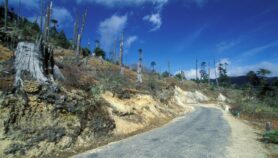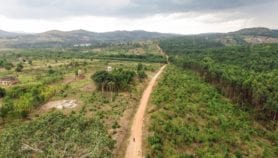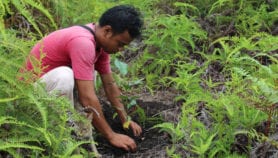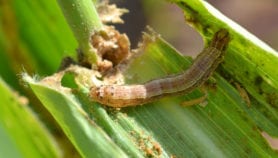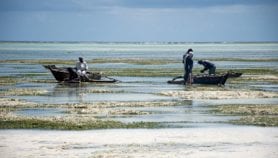By: Katie Mantell
Send to a friend
The details you provide on this page will not be used to send unsolicited email, and will not be sold to a 3rd party. See privacy policy.
The first comprehensive study of biodiversity management in West Africa’s ‘biosphere reserves’ – protected areas of terrestrial and coastal ecosystems – is about to be launched under a new US$6-million initiative.
The project, which aims to improve management of the reserves over the next four years, will be unveiled at a meeting of West African environment ministers in Paris on Monday (26 January).
Its key objectives are to strengthen understanding of the impact of human activities on savannah ecosystems; to identify and promote activities that sustainably use biodiversity; and to improve managerial skills and technical capacities of biosphere staff, local communities and other stakeholders.
A series of scientific and institutional mechanisms will be put in place during the project to monitor and manage natural resources and the impact of human activities over the long term. Local communities will also take part in ‘alternative’ economic activities, such as eco-tourism.
The initiative is being coordinated by the United Nations Educational, Scientific and Cultural Organisation (UNESCO) and the United Nations Environment Programme (UNEP), in conjunction with national authorities and local non-governmental organisations. It will be funded mainly by the Global Environment Facility.
The focus of activities will be on biosphere reserves in Benin, Burkina Faso, Côte d’Ivoire, Mali, Niger and Senegal.





